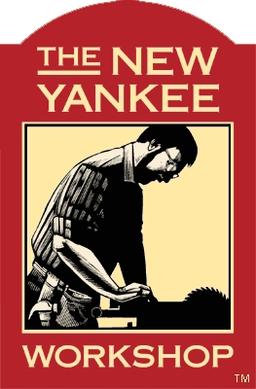

I just noticed this.
As others have mentioned the stars have been largely useless in the last little while so to be honest I’m not sure this has any impact. Even sites that try and give a rating based on fake reviews are not helpful because so many reviews are faked. The only helpful part is to try and read negative reviews.
I imagine this star fiasco is something that’s easy for browser plugins to reverse.
I would love to see AI and Machine Learning used to filter out fake reviews. This would actually be useful.







Hmmm. If abuse happens, is the right idea to say that “I don’t need this community”?
I’m not sure how that HackerNews comment helps in the slightest. If my university has an obscure basket weaving community and people are getting abused in that community, should I just say “Eh we don’t actually need a basket weaving community”.
It’s also amusing to me that a commenter on a relatively obscure and niche website is complaining that that don’t need (or care about abuse that transpired on) a niche community from another website. And then this comment is echoed in yet another niche community.